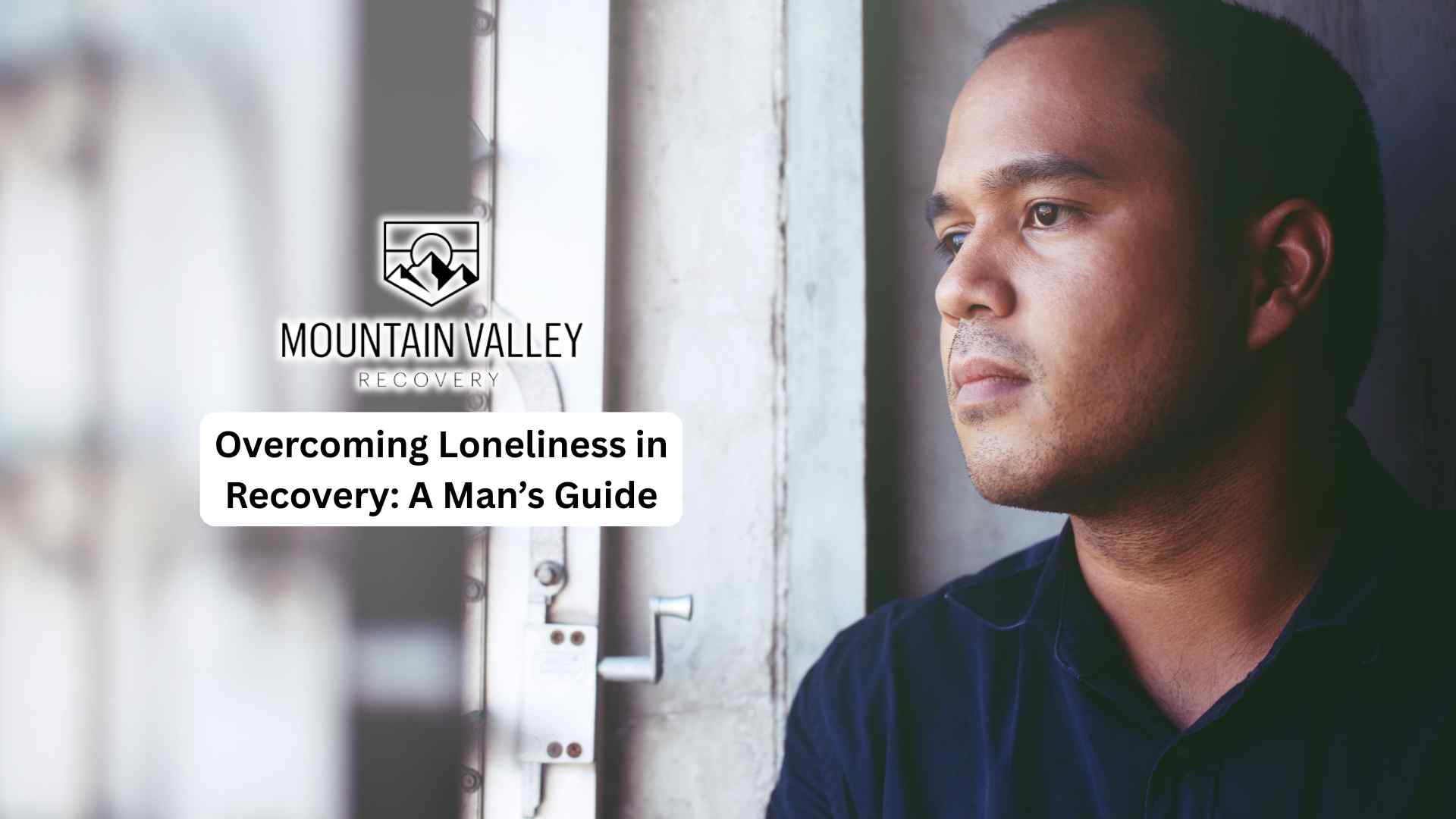After your loved one completes treatment, the next phase is crucial: ensuring that the progress made during rehab is carried into everyday life. This transition can be challenging, especially for men who may feel overwhelmed by the pressure of staying sober while facing real-world challenges.
As a family member or friend, understanding what comes next is important. Your support and awareness of the difficulties ahead will help them stay on track and face life’s challenges with confidence and resilience.
Understanding the Recovery Process
For men in recovery, the real work begins after leaving the treatment center and facing life’s daily challenges. They learned tools to help overcome addiction, but maintaining sobriety requires ongoing support. Without it, it’s easy to slip back into old patterns.
The transition from treatment back to real life can feel overwhelming, but having a solid support system is essential. Whether it’s therapy, aftercare, or staying connected with people who understand the journey, continuous support helps your loved one stay grounded and focused on long-term goals.
If you’re looking for a structured environment that can provide the support they need, consider exploring a program that offers extended care.
The Do’s: Building a Strong Foundation for Recovery
Do Build a Support Network
Encourage them to stay connected with supportive family members, friends, and others in recovery. Peer support groups can offer valuable insights and emotional strength, helping them avoid isolation, which can be a significant trigger for relapse. By helping them build and nurture these connections, you’re providing an essential safety net during challenging times.
Do Focus on Healthy Routines
Encourage them to have healthy habits like exercise, nutritious meals, enough sleep, and time for hobbies. A structured routine not only promotes a sense of purpose but also helps reduce stress, which is a common trigger for relapse.
Do Seek Professional Guidance
Even if they seem confident in their recovery, reminding your loved one to continue seeking professional support is important. Therapy and counseling can provide invaluable tools for managing emotions and triggers, ensuring they stay on track. Encourage them to stay engaged with their therapist or counselor to help them overcome challenges and maintain their progress.
Do Practice Patience and Self-Compassion
Remind them that setbacks are normal, be patient and offer kindness when things don’t go as planned. Celebrate small victories and remind them that every step forward, no matter how small, is progress. Your support in fostering patience and self-compassion will help maintain their motivation and sense of self-worth.

The Don’ts: Avoiding Pitfalls That Can Derail Progress
Don’t Let Them Isolate Themselves
It might be tempting for your loved one to withdraw from others, especially if they feel ashamed or embarrassed about needing help. However, isolation can lead to negative thoughts and emotions, which increase the risk of relapse. Stay connected and encourage them to engage with supportive individuals who can help them stay grounded and avoid isolation.
Don’t Let Them Overwhelm Themselves with Stress
It’s easy for your loved one to feel the pressure to prove themselves by taking on too much—whether it’s work, family responsibilities, or social commitments. However, overwhelming stress can be a significant relapse trigger. Help them learn to set healthy boundaries and recognize when to say no to avoid taking on too much.
Don’t Let Them Ignore Their Triggers
Triggers—whether people, places, or certain emotions—can cause cravings and temptations. Be supportive by helping them stay aware of their triggers and create strategies to manage them. Encourage them to reach out to a counselor, sponsor, or a trusted friend when they encounter triggers.
Don’t Underestimate the Importance of Continuing Your Journey
It’s common for people to think that once treatment ends, the hard work is over. But recovery is a lifelong commitment. Encourage them to stay engaged with their recovery process, whether it’s through ongoing therapy, support groups, or regular check-ins. Remind them that complacency can lead to setbacks and that recovery requires ongoing effort and support.
Final Thoughts from Mountain Valley Recovery
At Mountain Valley Recovery, we are committed to providing the tools, support, and ongoing care that your loved one needs for a successful transition from rehab to everyday life. Our long-term residential program in Utah, vocational training, and recreational therapy help build resilience, while our personalized therapy services address their unique recovery needs. By staying connected with their support network and continuing to apply the skills learned during treatment, they’ll be empowered to maintain lasting sobriety and create a fulfilling, sober life.





